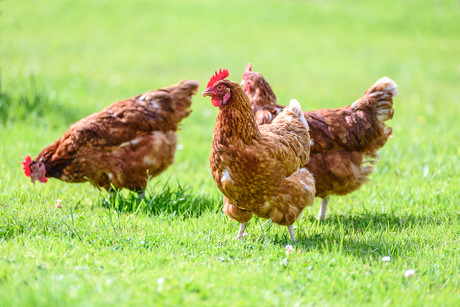Halal food companies use blockchain for traceability

Traceability in the supply chain is a concern for all consumers, but it is particularly important to ensure that halal food is from reliable and certified sources.
TE-FOOD and UK-based HALAL TRAIL recognised this, and partnered to track chickens and lambs from farm to table to confirm halal food is prepared according to Islamic law.
There are two billion Muslims worldwide and it is estimated that the global halal food market will reach US$2.55 trillion by 2024.
The top-to-bottom solution combines food traceability with blockchain technology — where all traceability data will be stored to verify its credibility — to reassure consumers about the origins and preparation of their food. This includes physical identification materials such as security seals, and mobile apps for both farms and distributors, and consumers.
This month, HALAL TRAIL will use TE-FOOD’s technology on two pilot projects that track chickens and lambs in Lancaster, Tunbridge Wells and Manchester in the UK as a reference to be implemented globally.
Sustainable future for the food and beverage industry, new report
Sustainability has become the number one supply chain priority for food and beverage companies,...
Coles opens its second customer fulfilment centre in Sydney
Located in Sydney's west, the Wetherill Park CFC uses innovative technology designed to...
Coles opens high-tech fulfilment centre in greater Melbourne
Transitioning from a local to central fulfilment model, Coles opens its first CFC which has a...













